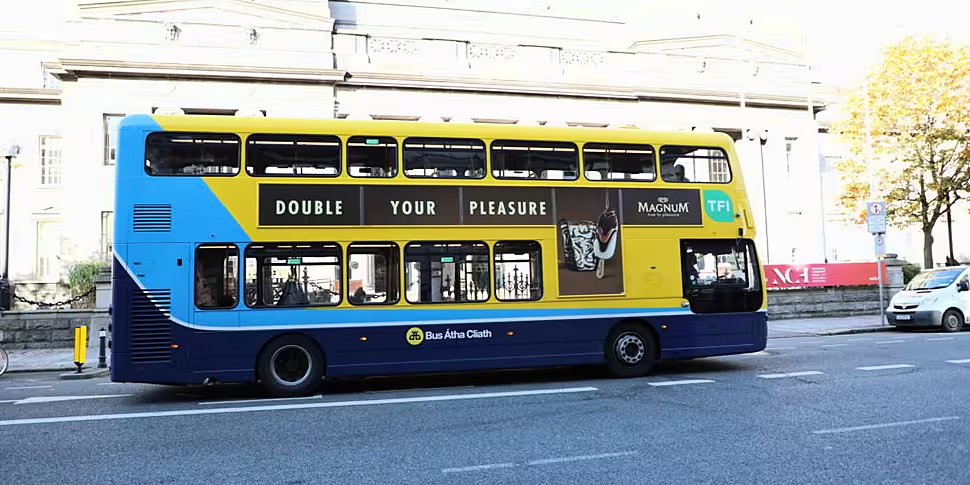The NTA says fewer homes will be impacted by the Bus Connects plan after it made some changes.
The plan which will see 230 kilometres of bus lanes and 200 kilometres of cycle lanes rolled out across Dublin has been redesigned following public consultation.
It's now being revealed and is open to public consultation for six weeks.
Grainne Mackin from the National Transport Authority says they've taken into account the fact that more people are now walking and cycling because of the pandemic.
Today we launch the third round of Public Consultation on the Core Bus Corridors. Visit our website https://t.co/XIzSOjhN2d for updated proposals with supporting documentation and to visit our virtual public information rooms for each corridor. pic.twitter.com/SqFhHnhkD1
— BusConnects (@BusConnects) November 4, 2020
Cycling Concerns
Dublin Cycling Campaign has expressed serious concerns about the designs being proposed for major traffic junctions across Dublin as part of the BusConnects project.
It says dedicated cycle routes form a core aspect of BusConnects, with junctions being the places where people on bikes require the most protection. The primary concern with the NTA’s unproven design concept is that people cycling are not being given clear protection from left-turning vehicles. This is a core principle of international best practice for protecting cyclists at junctions. The NTA’s design will give left-turning motor vehicles and people cycling straight ahead a green light at the same time.
Commuters
Dublin Commuter Coalition has broadly welcomed the plans for BusConnects Core Bus Corridors but stressed the importance of bringing in camera-based enforcement to ensure its success. The group also welcomed the general improvements in the pedestrian realm but raised serious concerns about the junction designs in the proposals and their continued prioritisation of car traffic over pedestrians and people on bikes.
The junction of Collins Avenue and Sword Road is still a mess.
Land taken, trees removed and a mess of inconsistent cycle infrastructure that starts and stops has little protection coupled with ALL those general traffic lanes. pic.twitter.com/bnMgiYVyjf— Dublin Commuter Coalition (@DublinCommuters) November 4, 2020
Chairperson, Kevin Carter, said “BusConnects will be transformative for Dublin. It will be what our city looks like for decades to come. It is imperative that these changes are made to the highest standards possible not just for bus users but for people walking and on bikes. There’s much talk about car bans and congestion charges, making driving less appealing, but more important is making sustainable methods the most appealing way to travel. These designs show an aim towards that goal, but in some respects continue to fall short."













